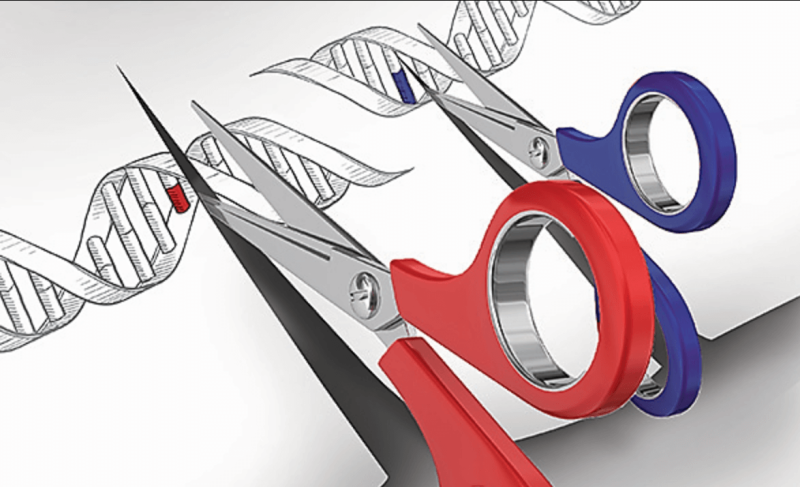The GLP aggregated and excerpted this blog/article to reflect the diversity of news, opinion and analysis.
A federal biosafety and ethics panel on June 21 unanimously approved the first study in patients of the genome-editing technology CRISPR-Cas9, in an experiment that would use CRISPR to create genetically altered immune cells to attack three kinds of cancer.
The experiment, proposed by scientists at the University of Pennsylvania, still needs the approval of the medical centers where it would be conducted, as well as from the Food and Drug Administration, which oversees the use of experimental treatments in people. If the study gets those OKs, it would enroll patients with multiple myeloma, melanoma, and sarcoma.
Members of the committee were almost unanimously enthusiastic about the proposal. Dr. Michael Atkins, an oncologist at Georgetown University, called it “a really exciting first-in-human” study, adding that “we’ll learn a lot” from work that could “hopefully form the basis of new [cancer] therapies.” Biochemist Paula Cannon of the University of Southern California called it “innovative,” and said the Penn scientists had adequately addressed the questions she had about the safety of the procedure.
Read full, original post: Federal Panel approves first use of CRISPR in humans































